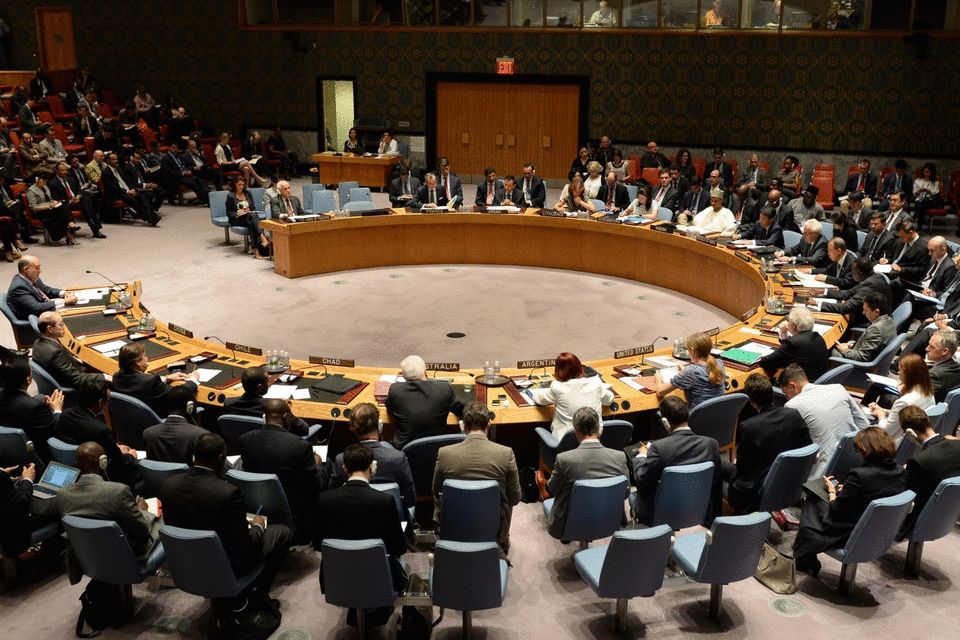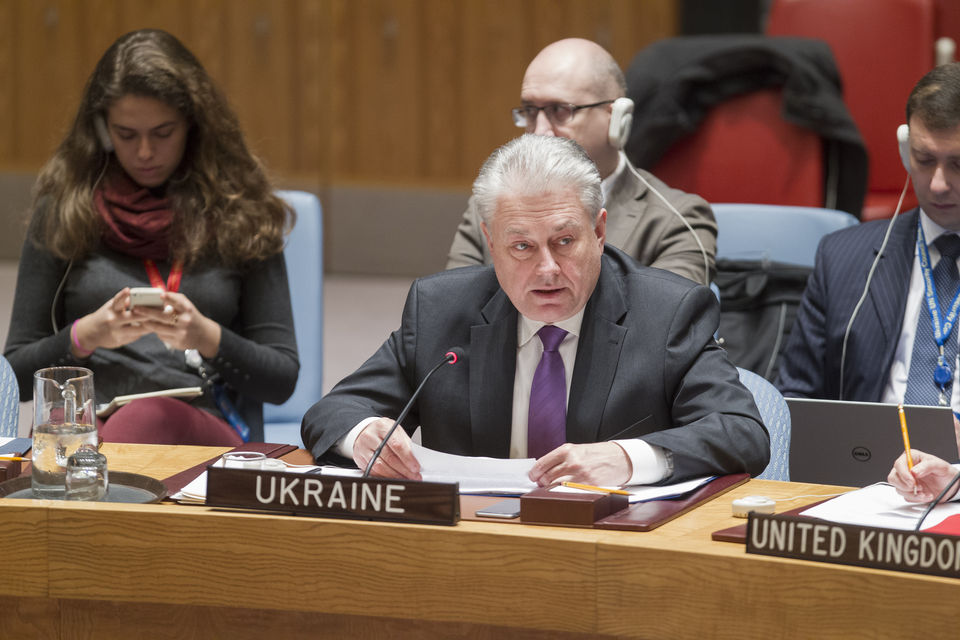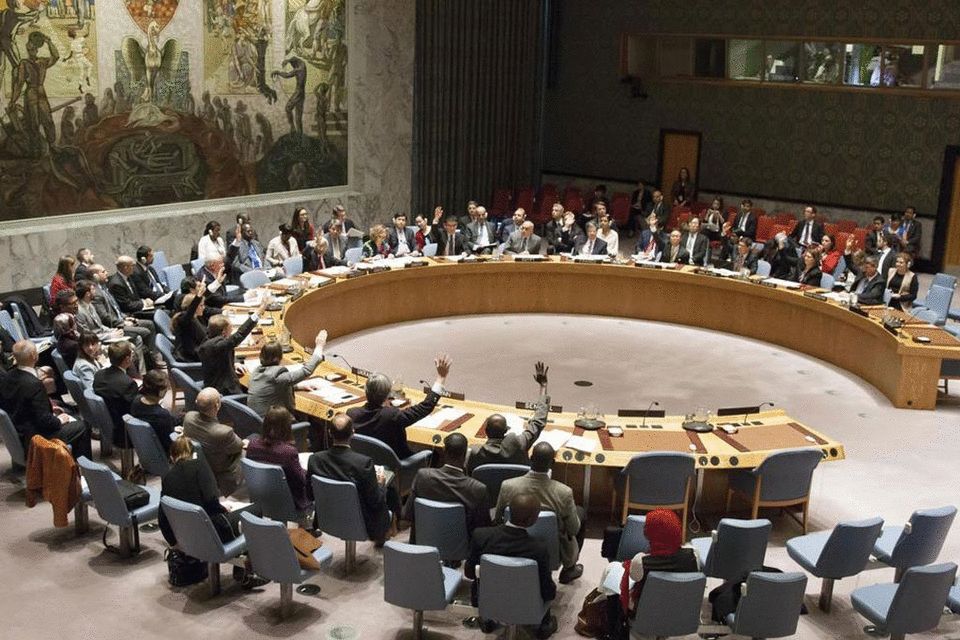Виступ делегації України під час дебатів щодо робочих методів допоміжних органів Ради Безпеки ООН

Statement by the delegation of Ukraine at the UNSC debate on “Work of the Subsidiary Organs of the Security Council”
(February 11, 2016)
Mr. President,
The reform of the working methods of the UNSC and especially those of its subsidiary bodies warrants our particular attention and this late process should be taken forward.
As one of the main architects of the Security Council’s Informal Working group on General Issues of Sanctions back in 2000, Ukraine commends the efforts of the Venezuelan Presidency in convening this thematic debate that is supposed to give a new dynamism to our consideration of these matters.
Here I would like to thank our today’s briefers for their valuable insights as well as welcome results of the High Level Review of UN sanctions.
Mr. President,
We consider that the following steps should be taken in order to make the UNSC subsidiary bodies more effective and reflective of the realities of our time.
Firstly, it is a process of selection of the Chairpersons of the subsidiary bodies that requires our attention. The way it is conducted at the present time can hardly be called balanced, transparent, efficient and inclusive. Therefore, the Security Council should closer stick to the formula, agreed in the Presidential note S/2012/937, which provides for an informal process with the participation of all Council.
We look forward to the proper review of this process.
Secondly, it goes without saying that the problem is not in the vehicle but in the driver. Thus, the preparation of the incoming Chairpersons, who steer the subsidiary bodies, has a direct impact on Committees’ effective functioning.
The efficient chairmanship requires considerable amounts of time and efforts from respective delegations. In this respect, we back the idea, mentioned earlier by a number of delegations, of appointing the Chairpersons of the subsidiary bodies as soon as possible after their election to the UNSC but no less than three months before commencing the chairmanship.
We commend the Secretariat for its efforts to provide the newly appointed Chairpersons and their experts with relevant training and expertize, and call for enhancement of this practice.
This also brings us to the issue of cooperation between outgoing and incoming Chairpersons. We encourage the outgoing Chairpersons to provide extensive written and oral briefings to the incoming Chairmanship, highlighting the current challenges before them, as well as sharing their insights into the lessons learned. In our case, we enjoyed such cooperation and are grateful to our predecessors, in particular Lithuania.
Thirdly, the subsidiary bodies of the Security Council do not work in a vacuum. In order to be effective they require a mutual dialogue and cooperation, including among the Chairpersons steering subsidiary organs with similar themes and geographical scope, as well as with other UN bodies.
Regular meetings to discuss common concerns and best practices and common grounds of their coordinated work prove to be productive. The recent joint meeting of the 1267 ISIL and Al-Qaida Committee and Counterterrorism Committee is a good example in this respect.
Of equal importance is the maintenance of close interaction between the Chairpersons and those Council Members taking the lead on thematic issues or country-specific situations, in particular penholder, in order to produce coherent Council outcomes.
Increasing openness and transparency of the subsidiary bodies of the Security Council should also top our agenda.
In order to ensure that the wider UN membership has a better understanding of the work carried out by the subsidiary bodies the Security Council could consider holding briefings by the Chairpersons of these organs, as a rule, in an open format and to encourage them to interact with non-Council members on a regular basis so as to receive their valuable inputs. This would also serve the purpose of avoiding any misunderstandings and promoting proper implementation of the UN sanctions as well as the respect thereof.
For that reason, we also support participation of concerned non-Council Member States in meetings of the subsidiary organs, inter alia, during the consideration of relevant country or thematic reports. This would definitely be effective in terms of saving time and resources, ensuring that the outcome documents include up-to-date and accurate data and that the interests of these states are duly taken into account.
Mr. President,
The great things usually start small. In this regard, we consider today’s debate to be an important element of the ongoing process of the Security Council’s reform.
The ideas expressed today by Council members and interested delegations will inform Ukraine’s chairmanship this year in 1521 and 2127 Committees.
I thank you.



